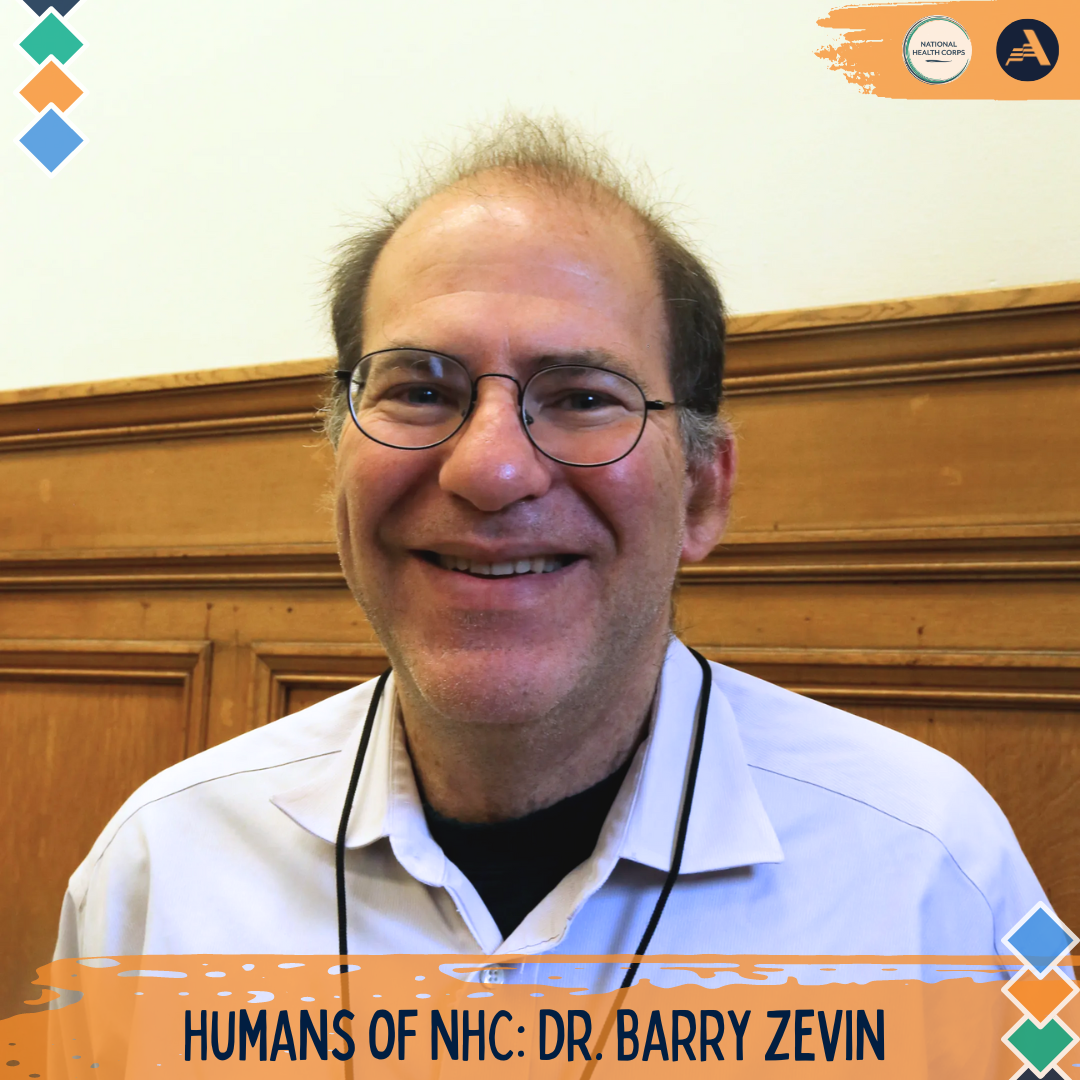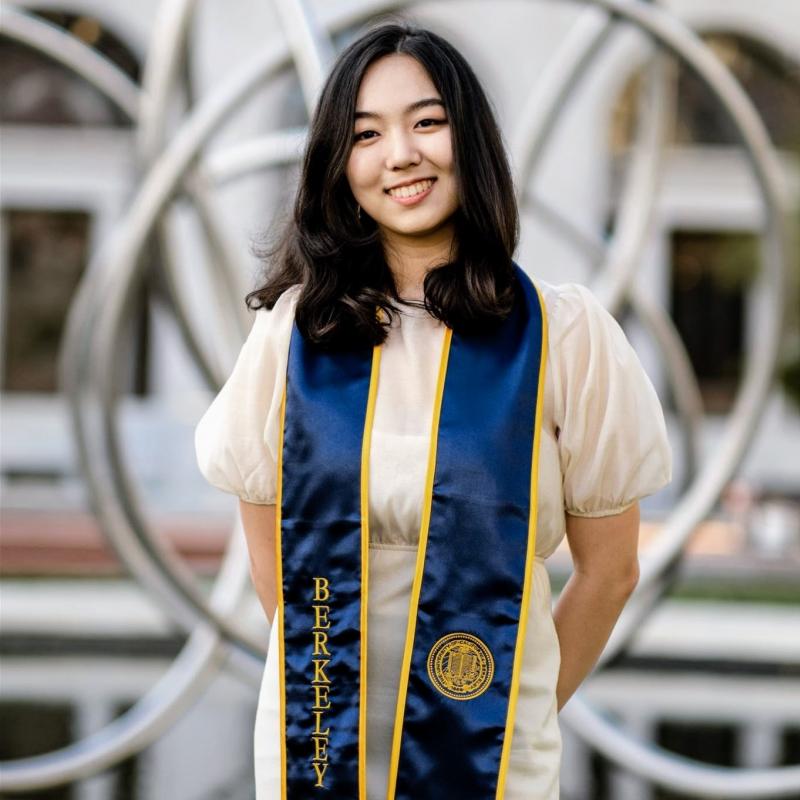Dr. Barry Zevin (he/him) is the Medical Director of Street Medicine, Shelter Health, and Maria X Martinez Health Resource Center in Whole Person Integrated Care (WPIC) at the San Francisco Department of Public Health. WPIC encompasses several subdepartments that deliver healthcare to people experiencing homelessness. Dr. Zevin has over 30 years of experience as a physician and is Board Certified in Internal Medicine and Addiction Medicine. He is a Clinical Professor of Medicine at University of California San Francisco School of Medicine.
The following interview has been edited and condensed.
 Q: Whole Person Integrated Care (WPIC) is composed of several different departments, focusing on different aspects of care. Can you walk me through a day in your life as the Medical Director?
Q: Whole Person Integrated Care (WPIC) is composed of several different departments, focusing on different aspects of care. Can you walk me through a day in your life as the Medical Director?
I am a primary care and addiction medicine physician, as well as the Medical Director for Street Medicine, Shelter Health, and Maria X Martinez (MXM) Health Resource Center. So, it’s maybe hard to give a completely typical day. This morning, I spent a half day seeing patients at the MXM Clinic - a combination of new urgent care patients and my long-time primary care patients. When I see patients, I'm seeing them for whatever problem they have right now, as well as looking at the whole person and trying to address their needs: medical, mental health, substance use, disorder-related needs, preventative needs, psychosocial, etc.
Then I had a series of meetings and calls. I directly supervise about 15 doctors and nurse practitioners and three nurse managers. Homelessness is very political – meaning that there are often a lot of new and developing projects and trainings. For example, it came up that the fire department paramedics need training in certain areas related to addiction medicine, so I will be working on and giving those trainings in two to three weeks.
The last thing I’ll do in my day is work on quality assurance and quality improvement. We are focused on reducing overdoses among people experiencing homelessness and have several new projects. We’re looking at how to measure success; are there gaps in the system that we can mend? Answering these questions is a collaborative activity, but it starts with me reviewing the medical records of people experiencing homelessness.
Q: It strikes me that your duties seem different from what one would expect from the medical director of a large private hospital, for instance. What do you find unique about WPIC that informs your duties?
That’s a good question because I did not start out thinking I would have a career doing healthcare for people experiencing homelessness. From direct clinical care, a lot of advocacy and leadership needs became very apparent. Over the course of over 30 years, I've learned on the job how to be a middle manager in the Department of Public Health and how to be a leader in homelessness advocacy, policy, and program development. None of that I necessarily expected to do, but the need was there. We have a very robust system of medical care in San Francisco. Many people can't get what they need elsewhere in the system. I want me and my staff to be able to identify what the gaps and barriers are for a person to get what they need.
Q: You talked about the seeing the need for holistic medicine in San Francisco. Specifically, regarding your specialization in addiction medicine - what came first, the academic interest or seeing patients’ need for care?
That's an interesting question. I grew up in the suburbs, where drug and alcohol problems were present and similar to what we see on the streets. I always remember having a certain fascination and curiosity about them. When I went through my medical training, it was very apparent that substances (alcohol, cigarettes, and drugs) have a tremendous impact on people's health, but it felt like a lot of the time they were either taken for granted or ignored. I thought, “No, this is really important, and it's part of the medical picture.” I remember in 1991, during the heart of the AIDS epidemic in San Francisco, we didn't have medications to treat HIV. Even back then, it was very clear both in terms of HIV prevention and treatment that a person's substance use disorders were central to their care.
The two things (academic interest and patient cases) feed off one another. You get expertise in an area, so you get called to administer more care for people in that area. At some point, I realized that I meet all of the criteria to become an addiction medicine specialist and make it so that I am confident in my own fundamental knowledge in that area. That was fun and fulfilling as a clinician and a curious person. Letting those links lead me is how I view my professional development.
Q: Was the AIDS epidemic of the ‘90s your first time in San Francisco? What exactly drove you to work in the city?
I had been hearing about California from family members, as this mystical thing. I was fortunate enough that there was a job doing homeless healthcare in the San Francisco Department of Public Health. At the time, I did not think that would be my career. But year after year, there was more and more to do and more opportunities. In most places, the public health department might fund certain projects. It’s very unusual for the city and county of San Francisco to run its own extensive healthcare system with a county hospital and primary care and mental health clinics, staffed by civil servants. The system here in San Francisco has given me a rare opportunity where, although it's a big bureaucracy, we are allowed to create innovations that would have been very difficult in academic, nonprofit, or private settings.
Q: Do you hope that some of WPIC’s innovations will develop in similar ways in other big cities?
For certain concepts, absolutely. The general conception that you look at the gaps and barriers in your system in order to care for the highest-risk, most vulnerable patients who aren't getting necessary care – that is relevant everywhere. Also, you need special services for people experiencing homelessness that are organized in a holistic way, like a one-stop shop. You need a four-walls clinic setting that has specific adaptations for people experiencing homelessness.
But the problems in every place are local problems with local needs. You need to reach out to where people experiencing homelessness are, providing services in shelters and on the streets. Whether the services happen through a governmental program or a nonprofit organization, these concepts are important, and I have spent a lot of time trying to disseminate our efforts.
Q: My last question is: what kind of advice would you give to people who want to pursue a career in public health or addiction medicine?
The first thing to say is that it's not for everyone. Some people really feel driven to do this work, but it has its set of challenges. It is okay if it is not the right kind of work for you. I think this is an important thing to remind people.
The other thing is to look for opportunities. There is no playbook for this kind of career. Don't believe everything you hear; if something seems important and doable, go for it! Some of my inspirations come from a punk rock attitude. I'm angry about certain injustices, and I am also very committed to a do-it-yourself ethos of finding like-minded people for the right way to do things. It sounds like a crazy thing for somebody who works in a $3 billion city department, but that is often how I have achieved things in my career. When the support was there, I took that support, and when the support wasn’t there, I had the attitude of, “Well, we've got to figure out how to do this anyway.” When you find like-minded people and get something established, you will often get the support you need.
So, be bold, and be prepared to forsake conventional advice. Have the same standards of excellence that you have doing everything else. Whether they’re in education, training programs, medical school, or anything else, the opportunities are out there somewhere.

